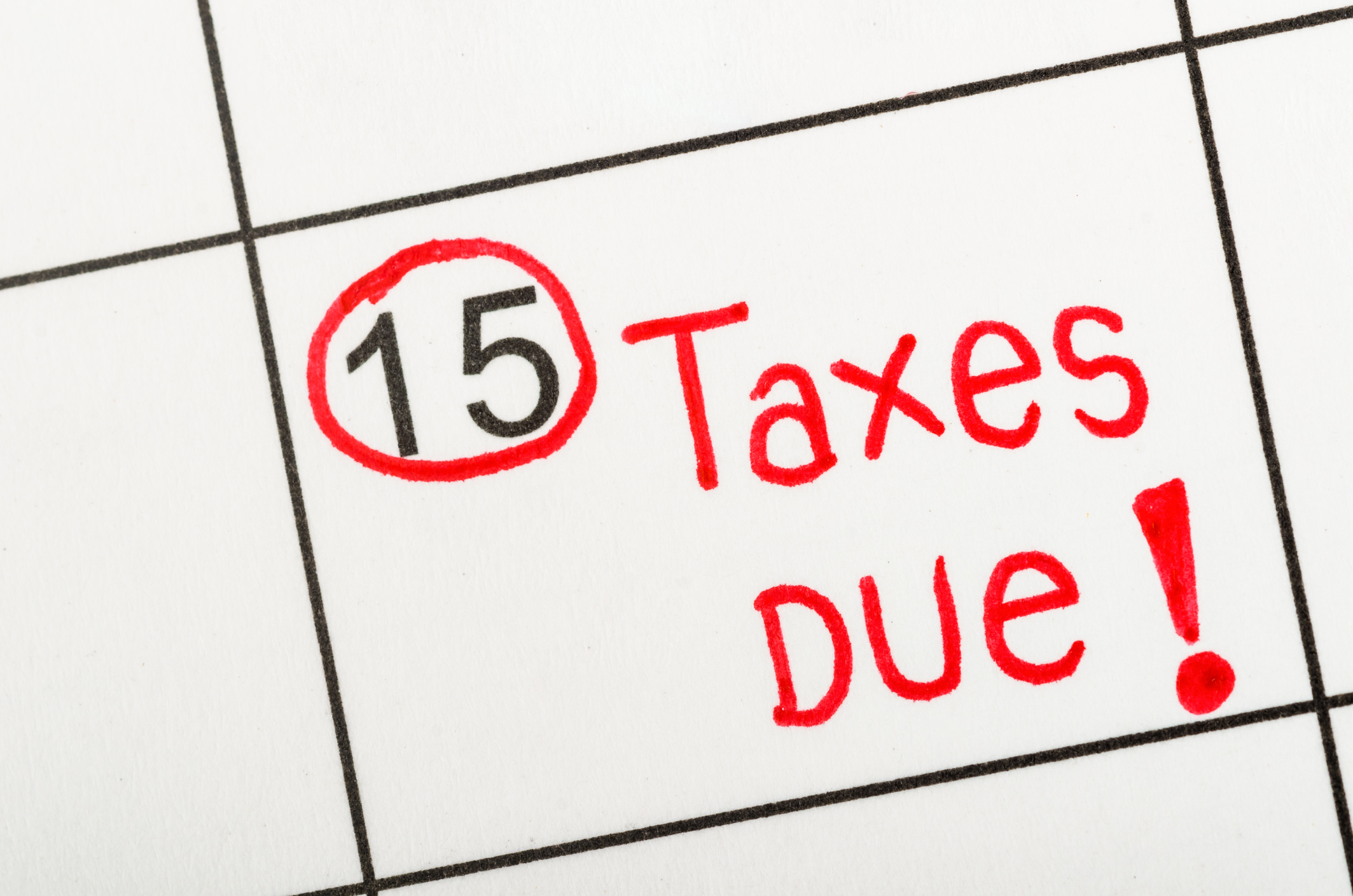
Tax Day — when most taxpayers have to file their federal income tax return for the 2024 tax year — falls on April 15, 2025. However, some taxpayers impacted by storms and natural disasters have more time to file.
Special tax extension rules also apply to Americans living abroad and people serving (or who served) in a combat zone or contingency operation. As a result, they might have more time beyond April 15 to file their federal income tax return and pay whatever tax they are expected to owe. And they could receive an extension past October 15.
In any case, here's what you need to know about when taxes are due.
Tax deadline extensions for natural disasters
If the Federal Emergency Management Agency (FEMA) declares a disaster area following a natural disaster, the IRS usually offers tax relief for the disaster victims in the form of tax filing and payment extensions. In the case of certain recent natural disasters, the April 15 tax filing and payment deadline is extended in certain states for individuals and businesses residing or located in the designated disaster areas.
Suppose you were a victim of a natural disaster like the California wildfires. In that case, the IRS recommends you recover your federal and state tax records as soon as possible. Having your tax documents available can serve as proof of income, property ownership, and help you claim expenses that may be subject to federal disaster-related tax deductions or government relief.
Generally, the IRS and state governments allow taxpayers to recover their tax records and other relevant documents for free in the aftermath of a disaster.
Tax Extension: Do you need more time to file?
If, for some reason, you are not able to file your federal tax return on time, you can request an automatic six-month tax extension to October 15, 2025, by filing Form 4868 or making an electronic tax payment. To get an extension, you have to act by the original due date for your return, whether that is April 15, or another extended deadline date.
Keep in mind, however, that an extension to file doesn't extend the time to pay your tax. If you don't pay the tax due by your tax deadline date, then you will owe interest on the unpaid tax and could be looking at additional penalties for filing and paying late.
Deadlines for state tax returns
Unless you live in a state with no income tax, you probably have to file a state tax return as well. Most states synch their income tax return deadline with the federal tax due date. But double check your state deadline to be sure.
State rules regarding tax filing extensions may differ from federal rules. So, check with the state tax agency where you live to find out when your state tax return is due and/or how to get an extension.







